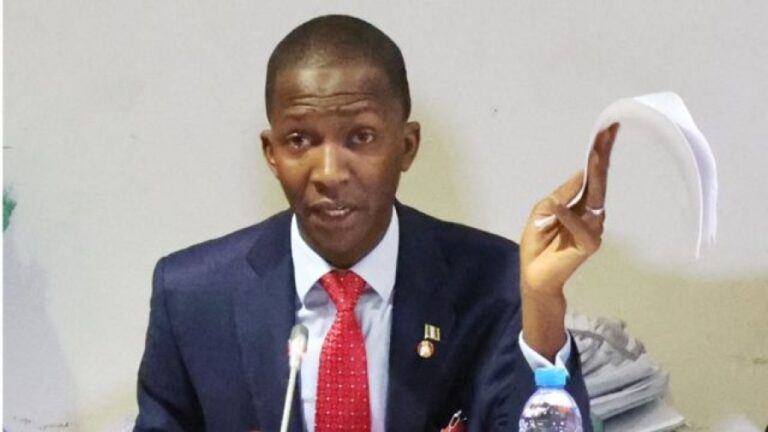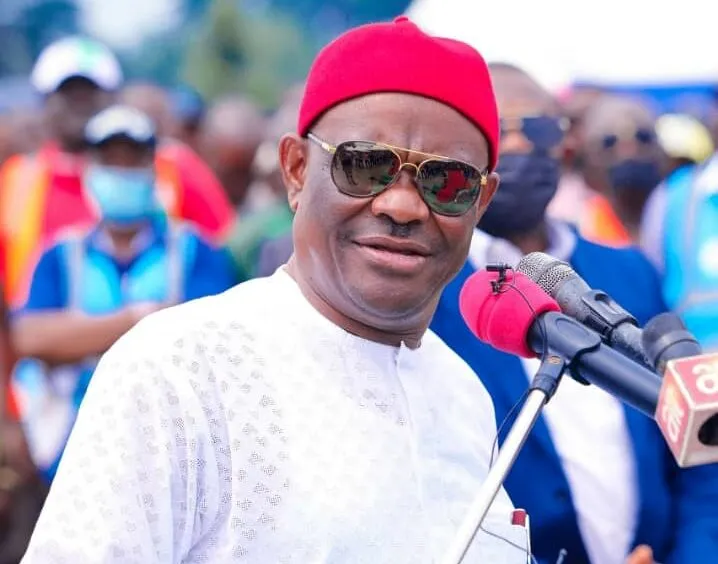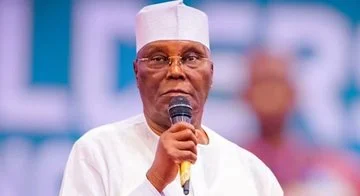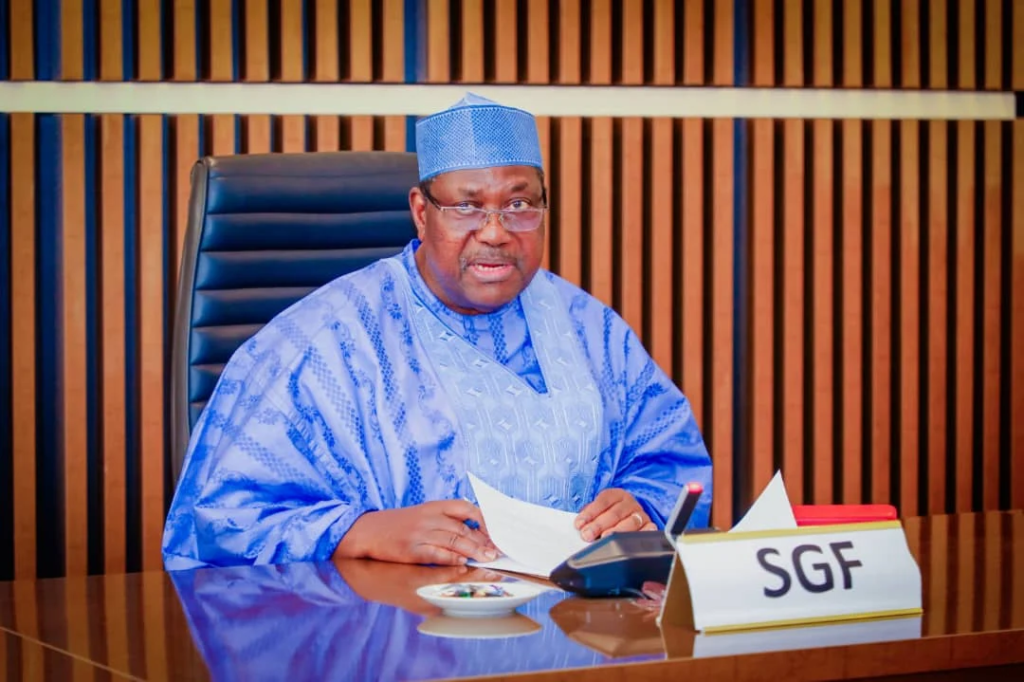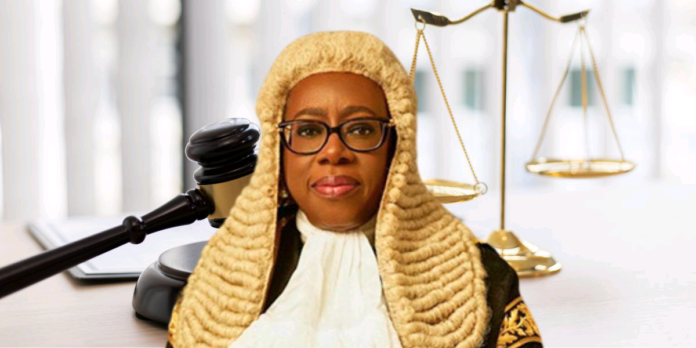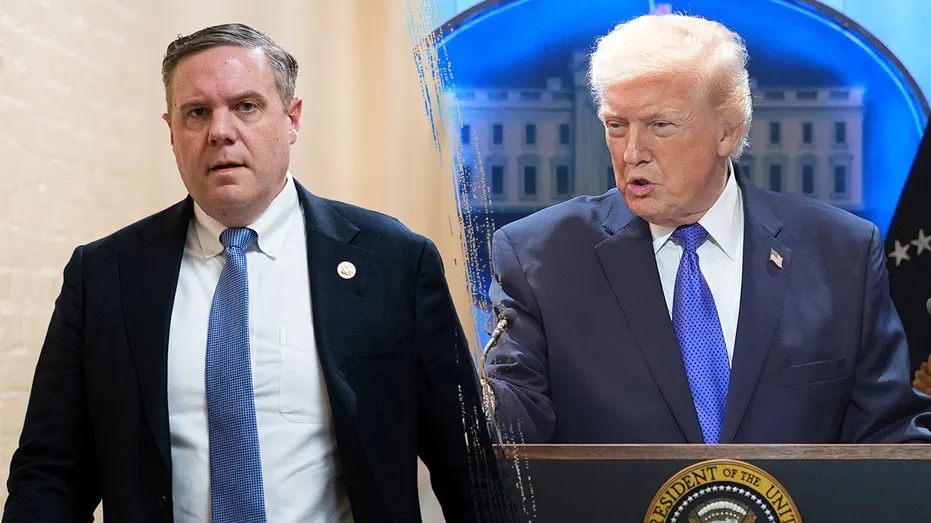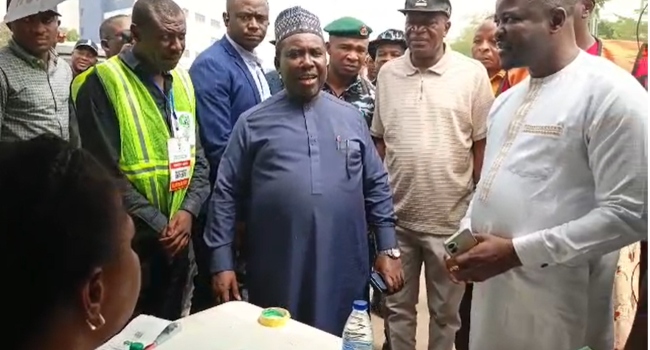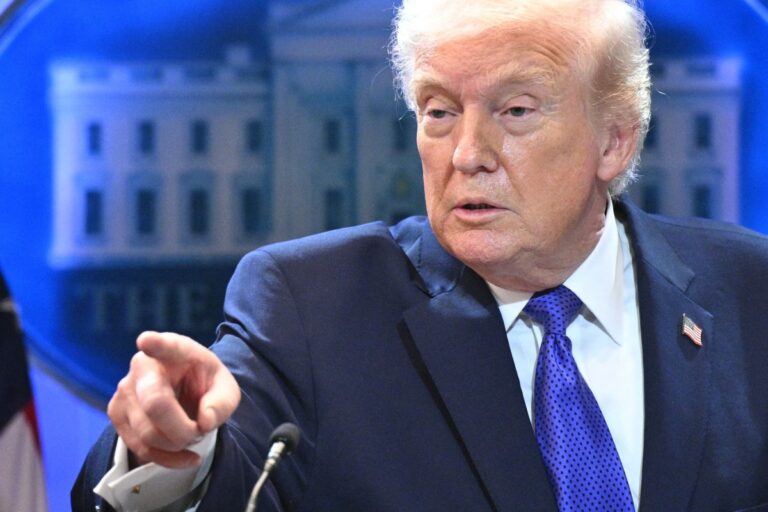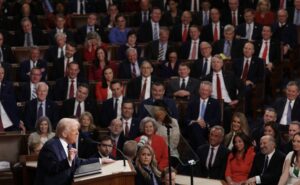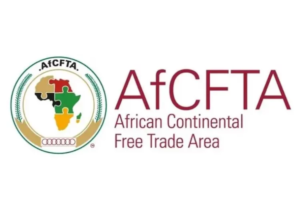As campaigns for the 2023 general election ramp up, the Economic and Financial Crimes Commission (EFCC) has revealed that it is closely monitoring the spending patterns of key politicians.
The anti-corruption agency stated that it was monitoring those politicians to ensure they did not use money to influence the election process.
According to the commission’s chairman, Abdulrasheed Bawa, despite receiving a large number of petitions regarding politicians’ spending, they are being cautious about any questioning for the time being to avoid being misconstrued as political witch-hunting.
Bawa stated at the weekly briefings coordinated by the Presidential Media Team at the State House in Abuja on Thursday that petitions against some key politicians have been sent to the commission, but the EFCC must conduct a thorough investigation before taking any further action.
The EFCC boss stated that the petitions received are currently being reviewed by the EFCC Petitions Vetting Desk/Committee, consisting of experienced officers from the Legal Department and people trained to investigate such petitions to determine whether they have merits warranting prosecution.
During a press conference, Bawa explained that the EFCC, under his leadership, works for the interest of Nigerians, so every petition the commission receives will be thoroughly investigated to determine the veracity of the allegations.
While responding to if or not the EFCC has received any petition about any of the presidential candidates running for the 2023 general election, Bawa submitted that “My concern is, at this hour, do you want us to start inviting all the presidential candidates to come to our office to make statements? You, the same media, will say it’s politically motivated.
“So we are not, but we are working behind the scene regarding such petitions we have received to see those that have merits, so that’s why we are not politicizing it.
“That’s another reason why we have what we call Petitions Vetting Desk/Committee made up of experienced officers from the Legal Department as well as those trained to investigate that will review these petitions to see whether they are in line with our own mandate before they will recommend whether they will be prosecuted by the EFCC.
“There are also benchmarks, so to speak, that guide our procedures, you know, in terms of accepting or rejecting petitions, as we also have criteria which have even been publicised to guide petitioners on the requirements to make a petition to have merit.”

